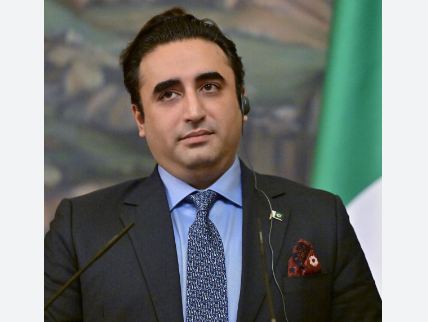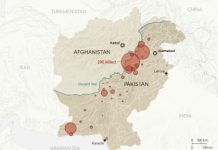The recent diplomatic tour by Pakistan’s delegation, led by former Foreign Minister Bilawal Bhutto Zardari, across Europe and America was aimed at presenting Pakistan’s stance on regional tensions, particularly highlighting what it terms as Indian aggression. The delegation claims success in convincing the international community of its viewpoint, yet the timing of the visit—coinciding with the escalating Israel-Iran conflict—meant that global attention remained largely diverted. While Pakistan sought to spotlight Kashmir and bilateral disputes with India, the world’s focus was elsewhere, raising questions about the effectiveness of such diplomatic missions in an increasingly distracted geopolitical landscape.
Bilawal Bhutto Zardari’s assertion that Pakistan effectively “unmasked” India’s actions may resonate domestically, but the reality is that such high-profile tours often yield limited tangible outcomes. India, too, has been actively engaging with foreign capitals, countering Pakistan’s narrative. This back-and-forth diplomacy, while necessary for both nations to present their cases, ultimately does little to resolve the core issues. The Kashmir dispute, cross-border tensions, and historical mistrust cannot be settled in international forums alone—they require direct, sustained dialogue between Islamabad and New Delhi.
The overshadowing of Pakistan’s diplomatic efforts by the Israel-Iran conflict underscores a harsh truth: in a world preoccupied with multiple crises, the South Asian rivalry is no longer a top priority for global powers. The West remains more concerned with Middle Eastern instability, the Ukraine war, and great-power competition than with mediating between India and Pakistan. This is not to say that Pakistan’s concerns are insignificant, but rather that the international community’s bandwidth for South Asia’s disputes is limited unless they escalate into a full-blown crisis.
Moreover, the parallel diplomatic campaigns by India and Pakistan risk becoming exercises in futility. No amount of lobbying in foreign capitals can substitute for bilateral engagement. History has shown that breakthroughs in Indo-Pak relations—however fleeting—have come through direct talks, not through third-party interventions. The Shimla Agreement, the Lahore Declaration, and even the short-lived ceasefire of 2021 were the result of backchannel and Track-II diplomacy, not international pressure.
Pakistan and India must recognize that while presenting their cases globally has symbolic value, the real solution lies in sustained dialogue. The world may offer rhetorical support or occasional mediation, but the responsibility to mend ties rests solely on the two nations. The Kashmir issue, terrorism concerns, and trade disputes will remain unresolved unless both sides move beyond point-scoring diplomacy and engage in substantive negotiations.
In the end, no amount of international advocacy can replace the hard work of compromise and confidence-building at home. If Pakistan and India are serious about peace, they must stop treating diplomacy as a zero-sum game and start investing in dialogue—away from the glare of global distractions.

















